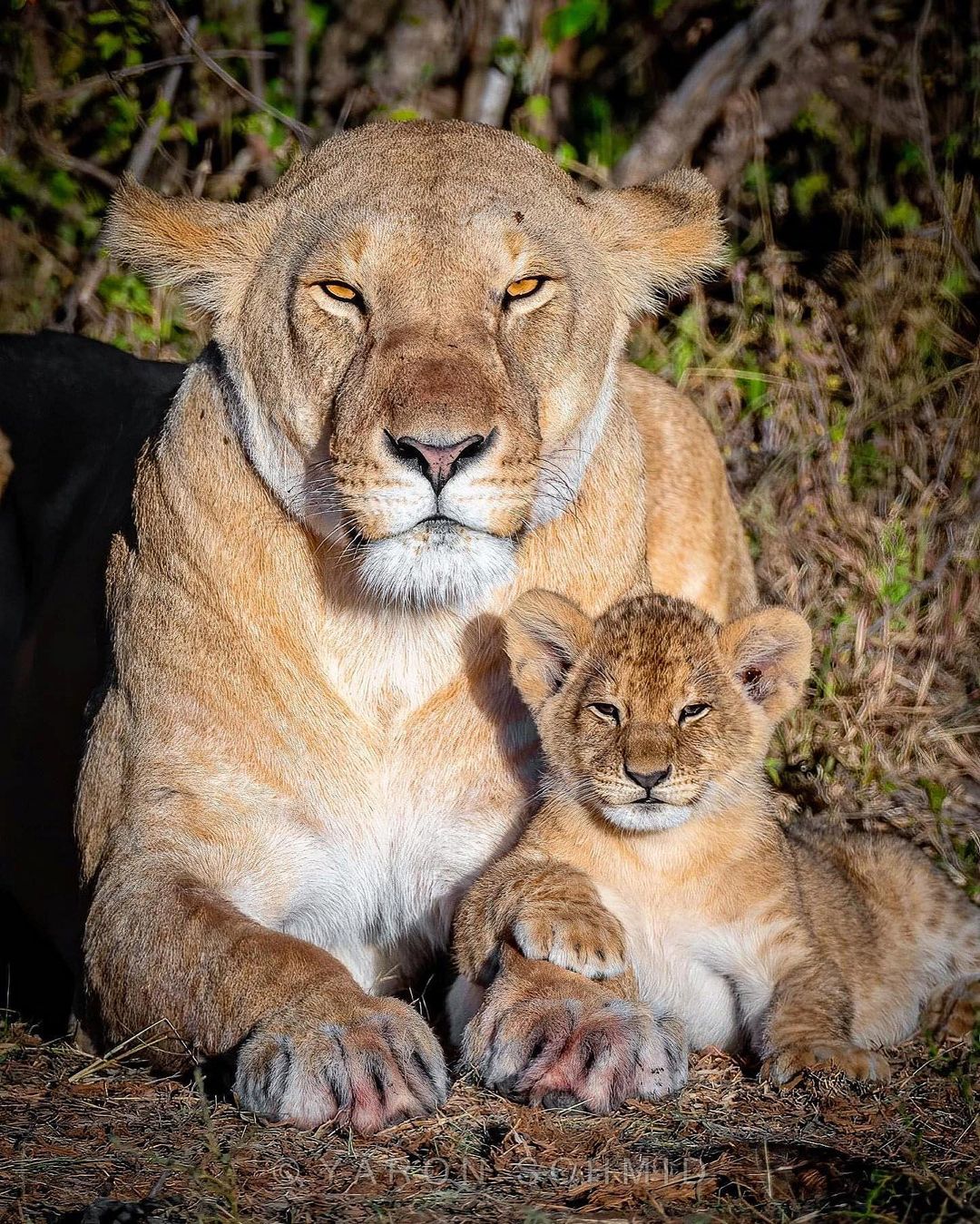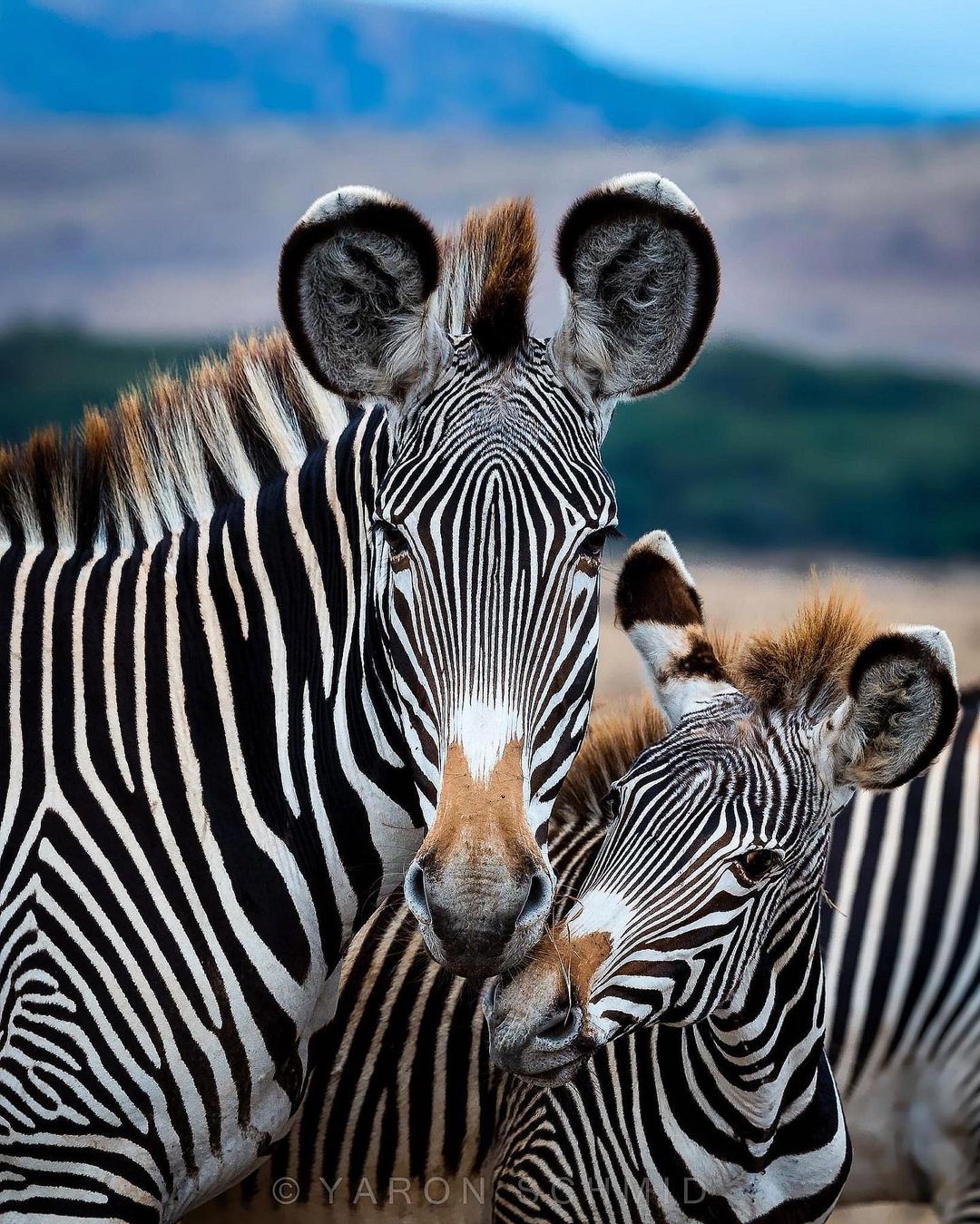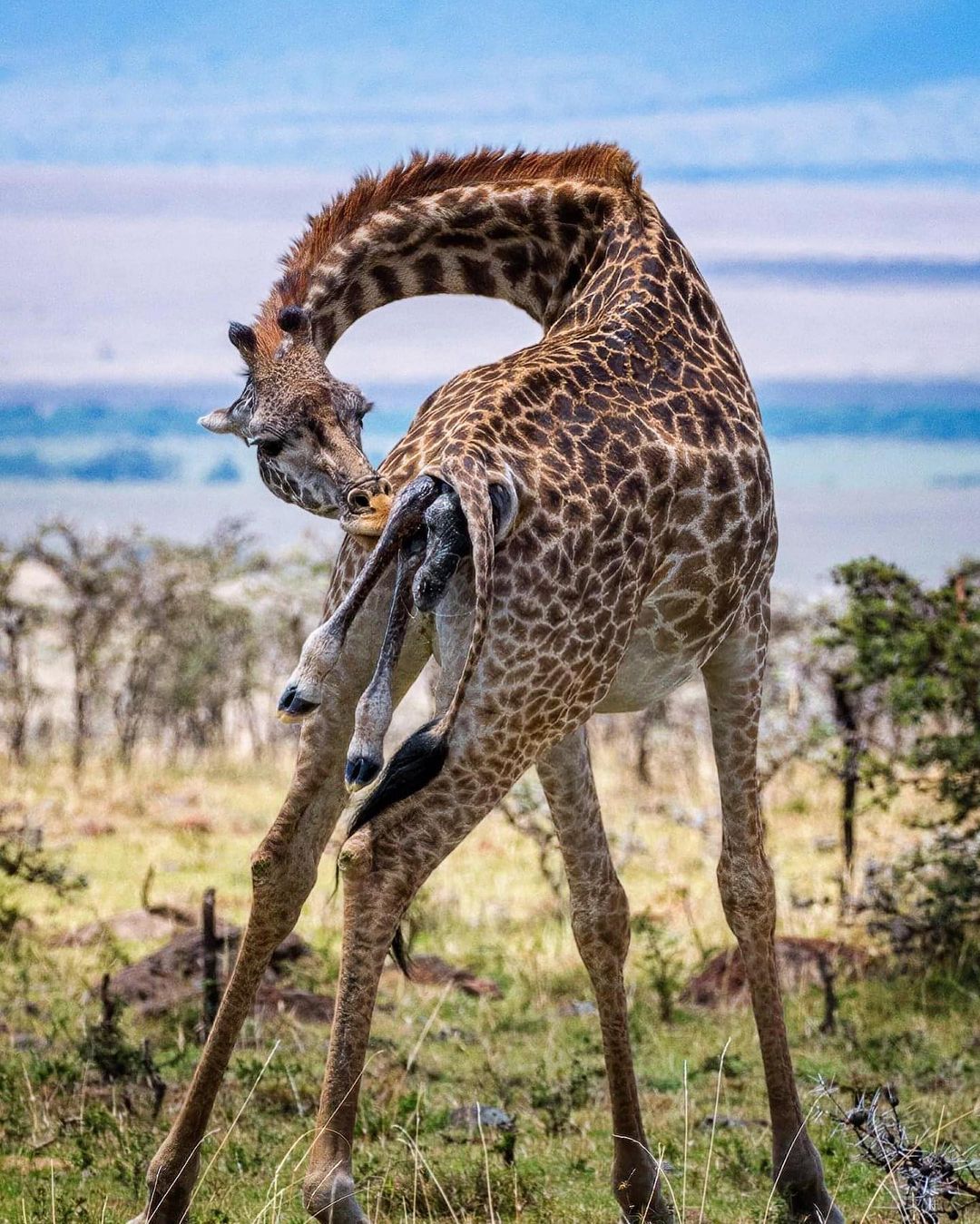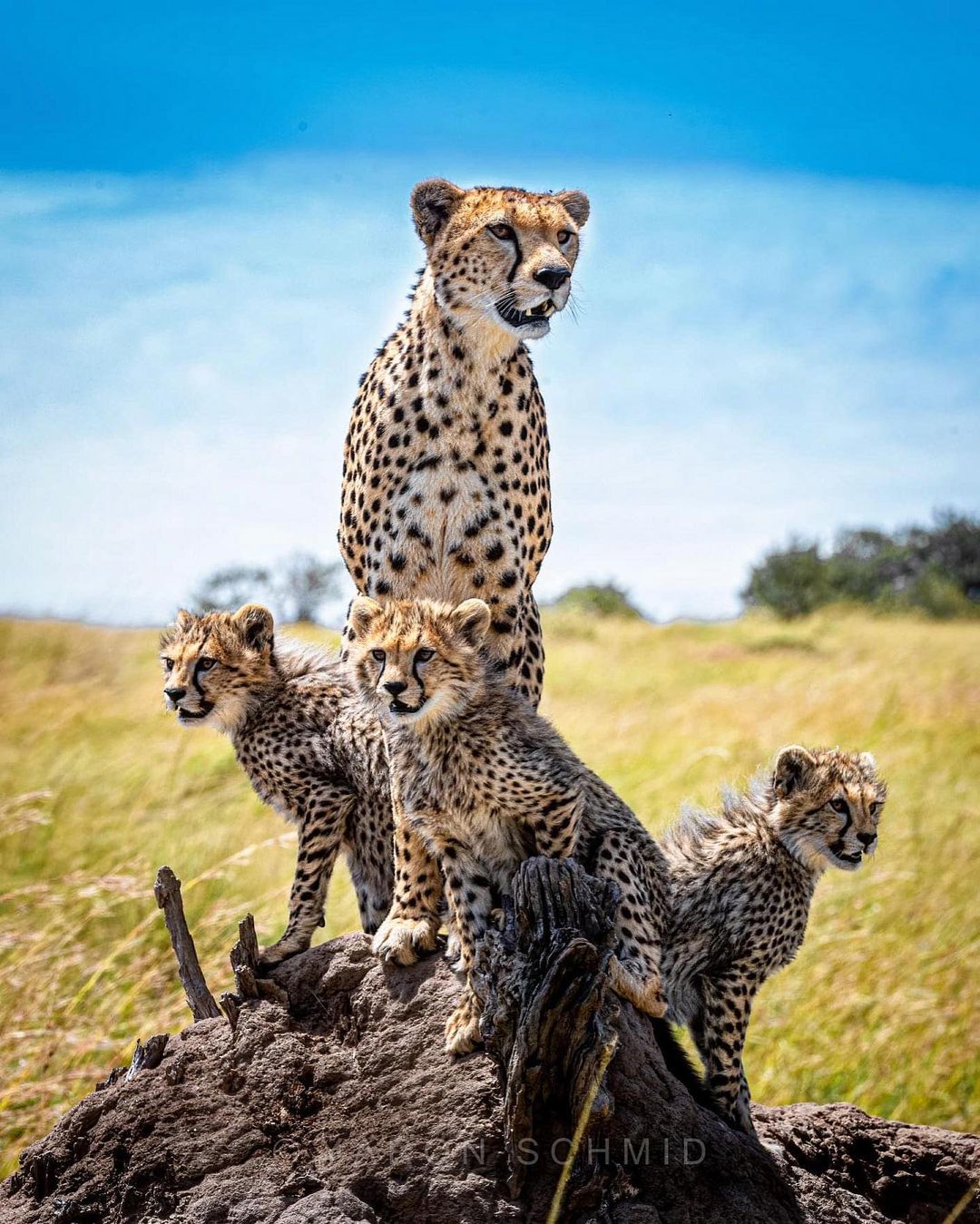Zebras are social animals that live in herds of up to 50 individuals. Zebras give birth to a single foal after a gestation period of about 12 months. Foals are born with their eyes open and can stand up within minutes of being born.

Here are some facts about lionesses and their cubs:
- Lioness they usually give birth to 2-4 cubs at a time, but litters of up to 6 have been recorded.
- Lion cubs are born blind and helpless. They rely on their mother for food and protection for the first few months of their lives.
- Lionesses typically give birth in a secluded den, away from the rest of the pride. This is to protect the cubs from predators and other lions.
- Lion cubs start to venture out of the den at around 3 months old. They are still very vulnerable at this age, but they start to learn how to hunt and defend themselves.
- Lion cubs reach sexual maturity at around 2 years old. However, they typically do not start breeding until they are around 4 years old.
- Lion cubs typically live for 10-14 years in the wild. However, some have been known to live for up to 20 years.
- Lion cubs are very social creatures. They play together and learn from each other from a young age.

Some facts about zebras and their young
- Zebra foals are born with a unique stripe pattern that is different from any other zebra. This helps them to identify their mother and to avoid being mistaken for prey by predators
- Zebras give birth to a single foal after a gestation period of about 12 months.
- Foals are born with their eyes open and can stand up within minutes of being born.
- Foals are nursed by their mothers for up to 6 months.
- Zebras reach sexual maturity at around 2 years old.
- Zebra foals are very vulnerable to predators when they are young, but they learn to defend themselves from predators as they get older.
- Zebra foals are very playful and spend a lot of time running and playing with other foals.

Here are some facts about giraffe giving birth:
- Giraffes give birth standing up.
- Giraffe calves are born with their heads down and their legs tucked under their bodies.
- Giraffe calves fall about 6 feet to the ground when they are born.
- Giraffe calves can stand up and walk within minutes of being born.
- Giraffe calves are nursed by their mothers for up to 18 months.
- Giraffes reach sexual maturity at around 5 years old.
- Giraffes can live for up to 25 years in the wild.
- The gestation period for a giraffe is about 15 months.
- Giraffe calves are born weighing about 150 pounds.
- Giraffe calves are the tallest newborns of any mammal.
- Giraffe calves are vulnerable to predators when they are young, but they learn to defend themselves as they get older.
- Giraffes are an important part of the African ecosystem and help to keep the grasslands healthy by grazing on plants.

Here are some facts about mother cheetah and her cubs:
- Cheetahs are solitary animals, but mothers will raise their cubs together.
- Cheetahs typically give birth to 3-5 cubs at a time, but only about half of them will survive to adulthood.
- Cheetah cubs are born blind and helpless, and they rely on their mother for food and protection for the first few months of their lives.
- Cheetah cubs start to follow their mother on hunts at around 3 months old, and they are weaned at around 6 months old.
- Cheetah cubs reach sexual maturity at around 2 years old, but they typically do not start breeding until they are around 3 years old.
- Cheetahs can live for up to 12 years in the wild, but most only live for 7-8 years.
- Mother cheetahs are very protective of their cubs, and they will fight to the death to defend them.
- Cheetah cubs are very playful and social, and they love to wrestle and chase each other.
- Cheetah cubs are very vulnerable to predators when they are young, but they learn to defend themselves from predators as they get older.
- Cheetahs are an important part of the African ecosystem and help to keep the grasslands healthy by preying on small mammals.
All pictures by Yaron Schmid - Instagram: @yswildlifephotography

